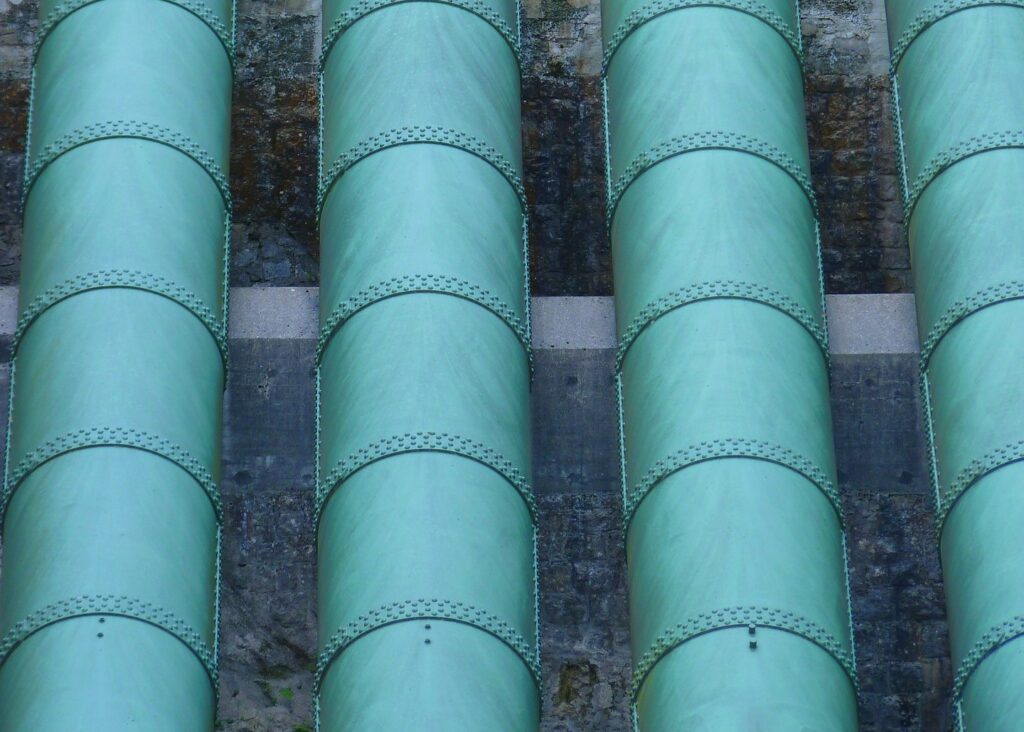Denmark recently postponed its plans to build a hydrogen pipeline to Germany.
The decision was mainly due to various technical and regulatory challenges that have arisen. The pipeline was intended to facilitate the transportation of hydrogen produced in Denmark to the German market. Hydrogen is seen as a key component in the transition to renewable energy, as it can be used as a clean fuel in various industrial and transportation applications.
The project was initially aimed at boosting cooperation in energy infrastructure between Denmark and Germany, two countries that are leaders in renewable energy initiatives. They both see hydrogen as a crucial element in reducing carbon emissions in Europe.
One of the main issues has been aligning the regulatory frameworks of Denmark and Germany. Coordinating cross-border energy projects involves complex regulatory environments that differ from country to country. This requires extensive planning and negotiations to ensure that all legal, environmental, and operational standards are met. Technical obstacles also include ensuring the pipeline’s compatibility with existing infrastructure and safety standards.
Aside from regulatory and technical hurdles, the postponement is also influenced by financial considerations. Developing such infrastructure requires significant investment, and the economic viability is heavily dependent on future hydrogen market demand, which is still uncertain.
The delay in the hydrogen pipeline project could impact the broader scope of renewable energy strategies in Europe.
